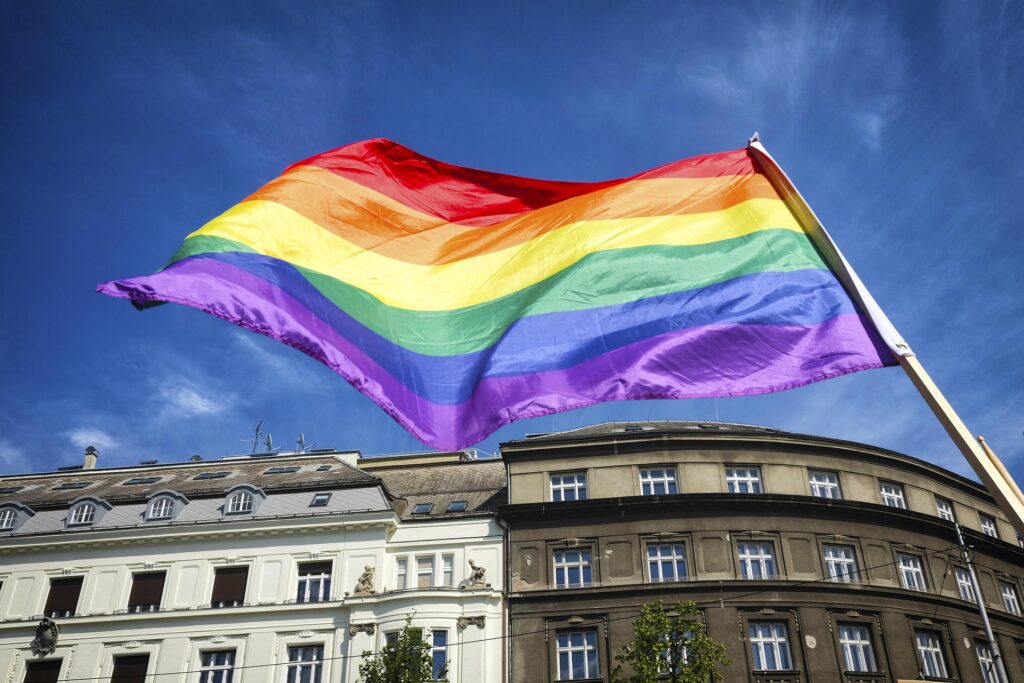10 Most Welcoming Cities for LGBTQ+ Communities
Despite what appears to be a global shift to anti-LGBTQ sentiment, one part of the world contains the majority of welcoming places for our community. Read on to find out where they are.
A recent study by Emisil identified and ranked the top queer-friendly capitals worldwide, focusing on inclusivity, safety, affordability, and social vibrancy across various countries, including both those where same-sex marriage is legally recognized and those where it is not yet permitted. Five metrics were analyzed: equality index, safety index, cost of living and rent index, and the number of LGBTQ+-focused bars, clubs, and events. Composite scores were then calculated by summing the weighted metrics, scaled from 0 to 100, and used to rank capitals, with higher scores indicating stronger overall suitability for queer people.
Iceland’s Reykjavik ranks first with a composite score of 100. It stands as one of the safest cities, with a safety index of 74.6, and leads globally in inequality with an index of 93. With same-sex marriage legalized since 2010, Reykjavik demonstrates how inclusion and security can shape a truly supportive environment for its LGBTQ+ residents and visitors. It even has a perennial Rainbow Street that became a permanent landmark in the capital.
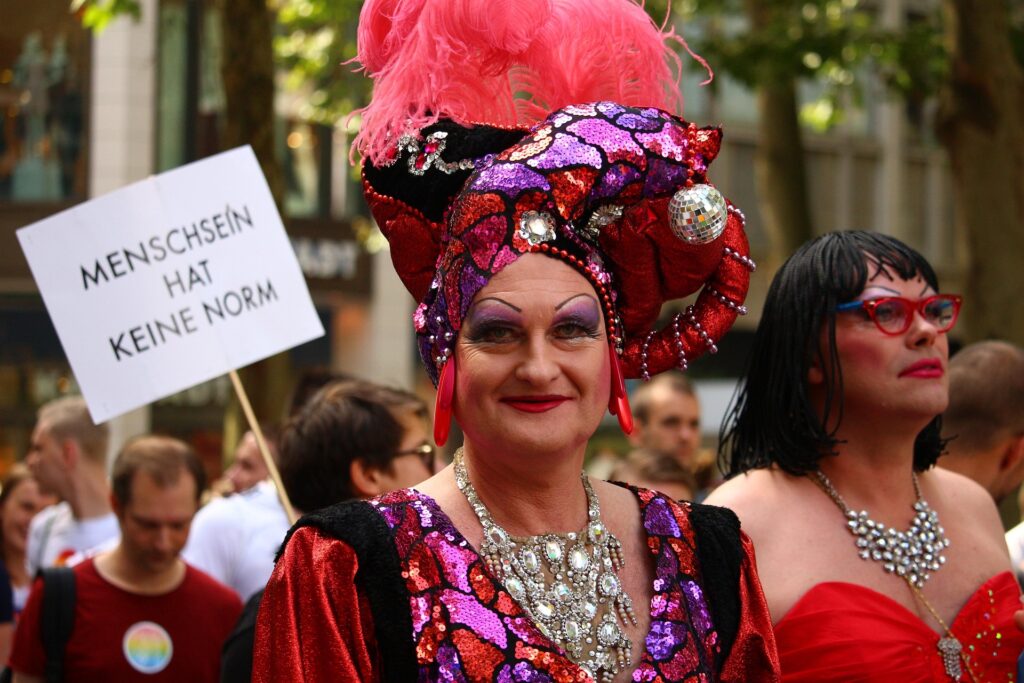
Germany’s Berlin takes second place with a score of 98. It has the highest number of queer bars and clubs—147 venues—offering plenty of safe spaces for the LGBTQ+ community. Additionally, it is the second most affordable city on the list, with a cost of living index of 44, which relieves the financial burden for queer people.
Oslo, Norway ranks third with a score of 97. It consistently performs well, with an equality index, safety index, and public opinion index all at 87. Oslo also offers the highest annual salary among the ranked cities at $102K, providing financial security alongside its inclusive and safe environment for LGBTQ+ individuals.
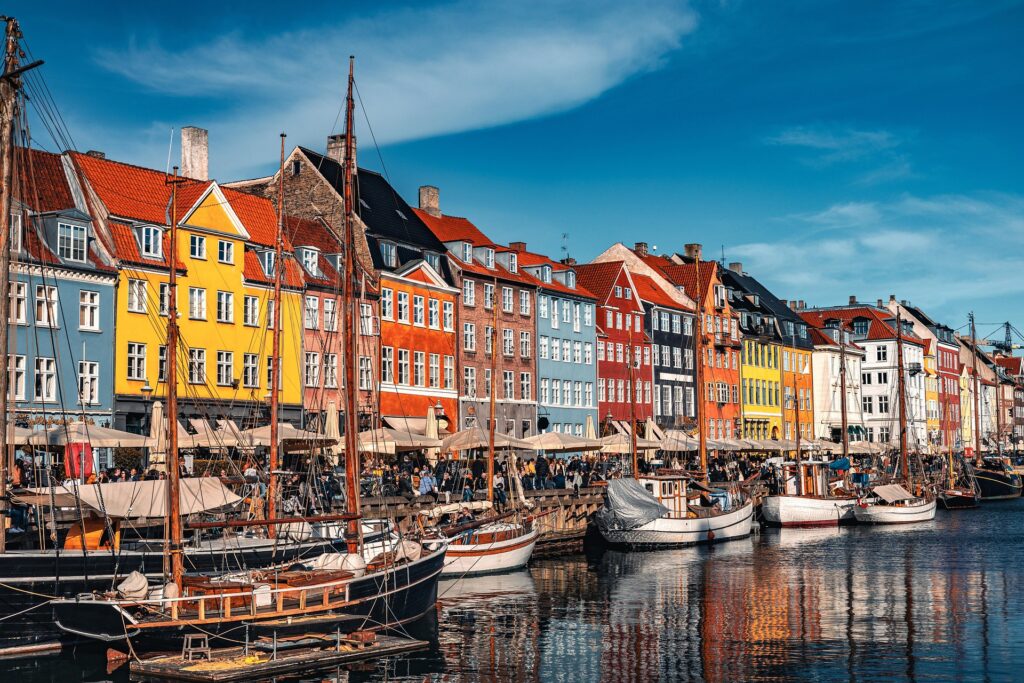
Denmark’s Copenhagen is fourth with a score of 96. It maintains high equality and legal indices and offers 36 queer-friendly venues, providing many opportunities for community engagement. Denmark legalized same-sex marriage in 2012, and Copenhagen has since become a prominent example of how legal rights can positively influence social infrastructure.
Bern, Switzerland, follows in fifth place with a score of 94. Although it legalized same-sex marriage relatively recently in 2022, Bern has one of the highest safety indices at 73.9. Bern also offers the second-highest annual salaries among the ranked cities, which makes it a financially attractive and secure destination for LGBTQ+ individuals.
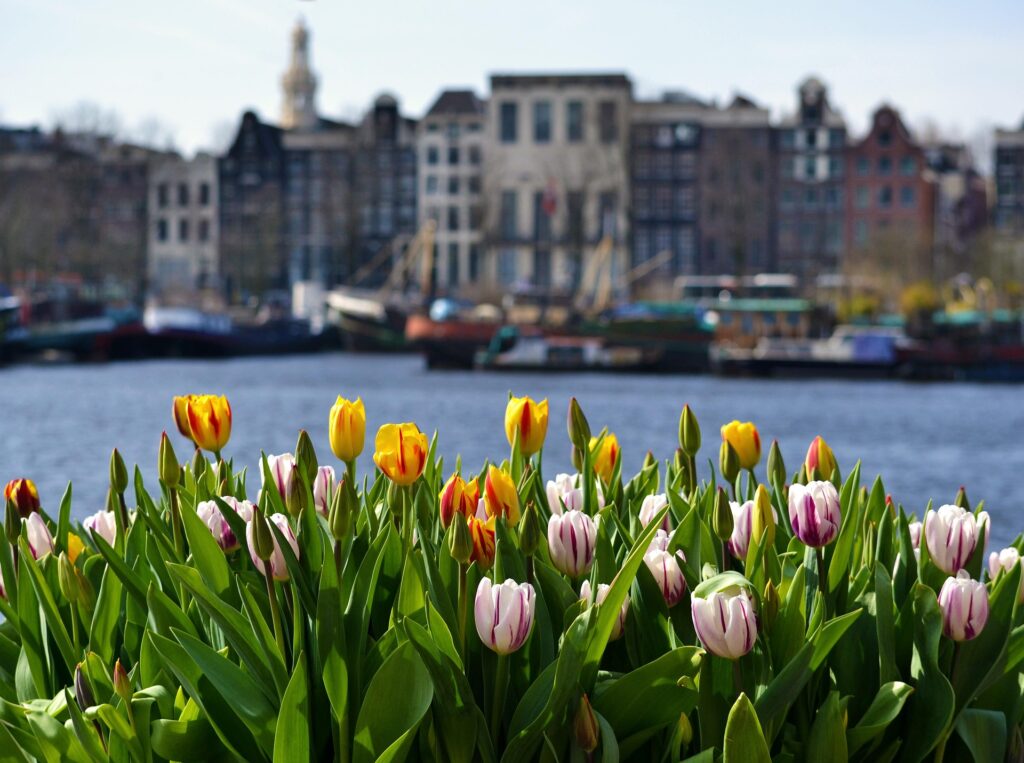
Amsterdam, the Netherlands, is sixth, scoring 93. It led the way globally by legalizing same-sex marriage in 2001, setting a historical benchmark for LGBTQ+ rights. Amsterdam hosts 67 LGBTQ+ events annually, showing its long-standing commitment to creating spaces for LGBTQ+ individuals to connect and thrive.
The United Kingdom’s London comes in seventh with a score of 92. It hosts around 3.8K LGBTQ+ events annually, the highest among all ranked capitals. London also has one of the highest numbers of queer bars and safe spaces.
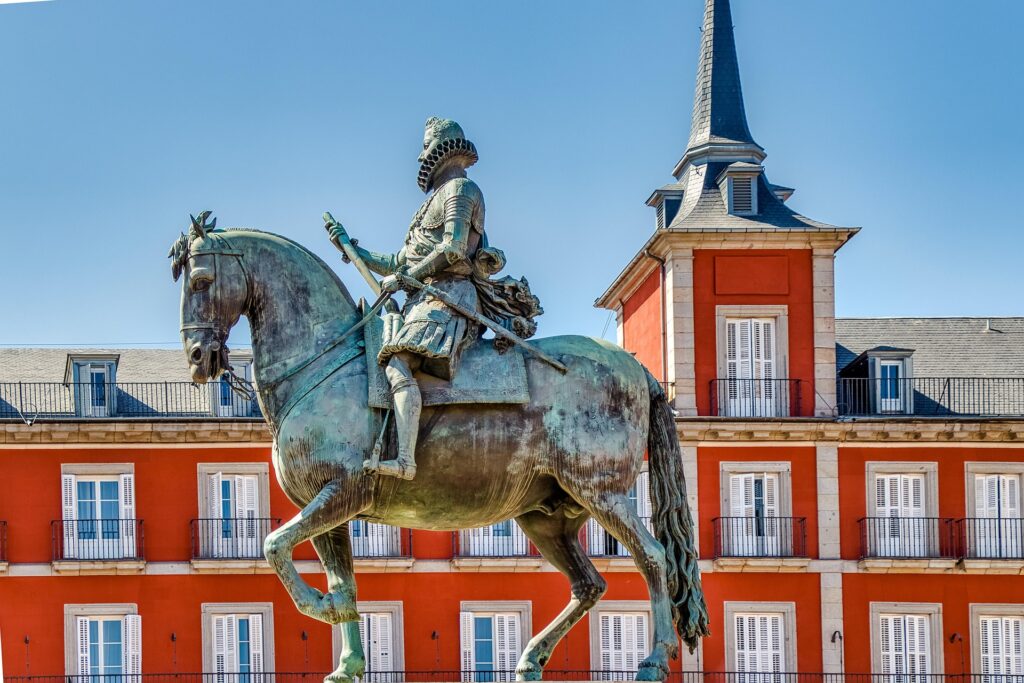
Madrid, Spain, takes eighth place with a score of 90. Its equality index of 83 places it among the most equal cities, and its public opinion index reflects strong societal support. As one of the first capitals to legalize same-sex marriage in 2005, Madrid set a precedent for progressive LGBTQ+ policies.
Vienna, Austria, scores 88, placing ninth. Its equality index of 75 is higher than Bern’s, and it is much more affordable to live in, with a cost of living index of 45. Vienna’s safety index of 71 and 45 queer-friendly venues also highlight its supportive environment, offering queer people plenty of opportunities to thrive.
Helsinki, Finland, rounds out the top ten with a score of 86. The city has an equality index of 74 and a safety index of 73.8, which makes it one of the most balanced cities for inclusivity and safety. It is also more affordable, with a cost of living index of 42, offering a stable and welcoming environment for the LGBTQ+ community despite having fewer venues and events compared to other capitals.
A spokesperson from Emisil commented on the study: “Cities that prioritize equality and safety for LGBTQ+ individuals build communities where people can thrive socially, culturally, and economically. This serves as a reminder for other cities that investing in inclusivity is not only a matter of human rights but also a pathway to stronger social cohesion and economic development. Supporting visibility and ensuring safe spaces for LGBTQ+ individuals benefits everyone by creating more inclusive and resilient communities.”

